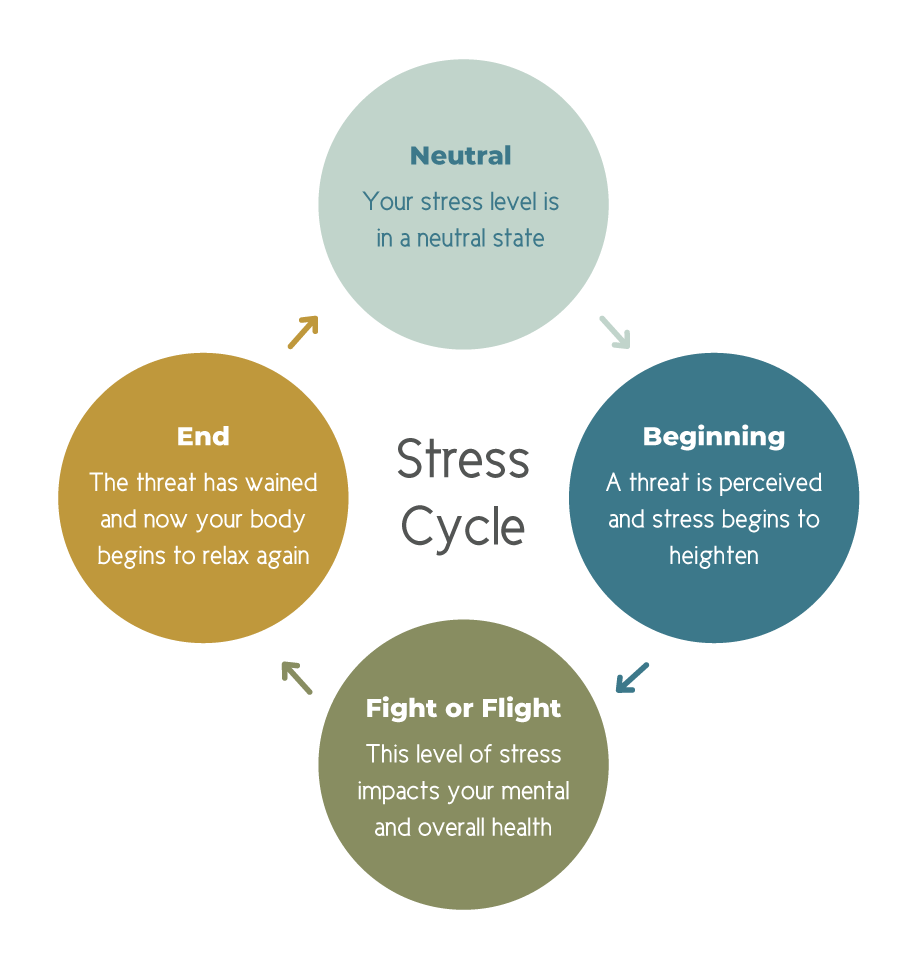
Therapy for Stress & Life Transitions.
Feeling overwhelmed, burdened or heavy? Have you recently experienced a big change and don’t know how to cope or get past it? Are you in the midst of a stressful period of your life and resorting to unhealthy behaviours or cognitions to get through it? Maybe nothing new has happened but you’re feeling stuck, confused and have no motivation or ambition and want to determine your purpose. We all know life comes with many twists and turns and unavoidable bumps in the road. Sometimes it can be hard to adjust – change is difficult! When life gives you lemons, we’re here to help you successfully adjust to transitions, cope with stress, and better manage any negative moods and emotions that occur as a result.
What are Life Transitions?
Life transitions are different for everyone and depend on one’s own unique journey. They could include a new family dynamic, a change to your career, or perhaps even a physical relocation. Life transitions can be big or small and can impact you in various ways. As humans, we naturally establish our comfort zones and learn how to effectively operate within them. When change, big or small, happens, many of us struggle to adjust and re-learn new ways of operating. Inevitably, we will all be exposed to change at one point or another, so learning how to effectively face and manage change is imperative. If you’re having trouble adjusting, are feeling lost, confused, or exhausted by what life’s throwing your way, reach out – we’re here to help.
Effectively Facing Life transitions & Stress
In order to successfully navigate life transitions and stress, individuals need to establish healthy levels of adaptability. Clients with higher levels of adaptability can adjust quicker and more effectively. But how do we establish adaptability? Establishing adaptability begins with creating psychological flexibility, where clients can learn to create boundaries, needs and limits, while balancing these lines with more flexible thinking - where can we bend safely while protecting ourselves and our true core values and beliefs? Together, you and your therapist will explore ways to bolster your own support system and develop effective methods for facing stress and life transitions now and in the future.
Signs of an unhealthy amount of stress
In our world today, facing stress is inevitable. But, just like everything in life, stress is only manageable in moderation. Are you experiencing any of these signs of too much stress?
1. Headaches
2. Chronic Pain
3. Appetite changes
4. Depression
5. Rapid Heart Rate
6. Moodiness, irritability or anger
7. Feeling overwhelmed
How Stress Can Impact our Mental Health
One of the ways in which we help clients understand stress and its’ impacts on our mental health is actually by understanding what it does to our bodies! When we talk about the impact of cortisol (stress hormone) in the body, we will refer to the nervous systems. When we are calm, relaxed and grounded, we are usually using our parasympathetic nervous system which is our ‘rest an digest’ system. Comparatively, when we have lots of stress, this often puts us into our sympathetic nervous system which is our ‘fight or flight’ system. This means that when we’re stressed, our whole body and mind is looking for threats and preparing to run or fight – no wonder stress is so impactful. This also means that our heart rate can increase, blood pressure can increase, and our digestive system can be impacted! When we work to help you navigate your stress from a mental health perspective, we often incorporate ways to help you train your body to listen to you. So, instead of your body and brain controlling you, you start to gain back some control over them!
Can’t Tell If It’s Anxiety or Stress?
Click the button below to download our free guide.
What are some strategies to help manage my stress?
Lean Into Green!
TOne way to get more GREEN zone in our life is to lean into it when we notice the small moments of calm in our lives! Where are you calm, grounded and relaxed? How can you get MORE of that?
Here’s an example – when you’re curled up watching a movie in the evenings with your partner, put your phone down, turn the alarms and distractions off, lean into your partner and allow your body to fully calm.
Regulate that nervous system!
Take When we’re experiencing high levels of stress, our cortisol levels are high which often activates our sympathetic nervous system (fight or flight!) Our goal is to jar the nervous system and switch it into parasympathetic nervous system (rest and digest!). To do this, we can engage in activities that tune all our senses. Here’s some examples –
Take an icebath or cold shower, eat super hot sauce, sour candy or an icecube, or do some intensive exercise!

How Can We Help You?
Therapy for stress and life-transitions starts with exploring your life before and after stress and what lead you to your current struggles. We’ll explore new, more effective coping mechanisms and develop an understanding for the under lying factors perpetuating the stress. Learn how to navigate the by-products of stress and life changes. Whether it be sleep problems, fear, fragility, vulnerability or mood changes, we’re here to help. Develop confidence and peace of mind by making the right decisions and setting new trajectories.
Stress & Life Transitions on the Bounce Back Blog
-

Overcoming the Fear of Uncertainty
-

How to Work LESS
-

Managing Transitions & New Beginnings



